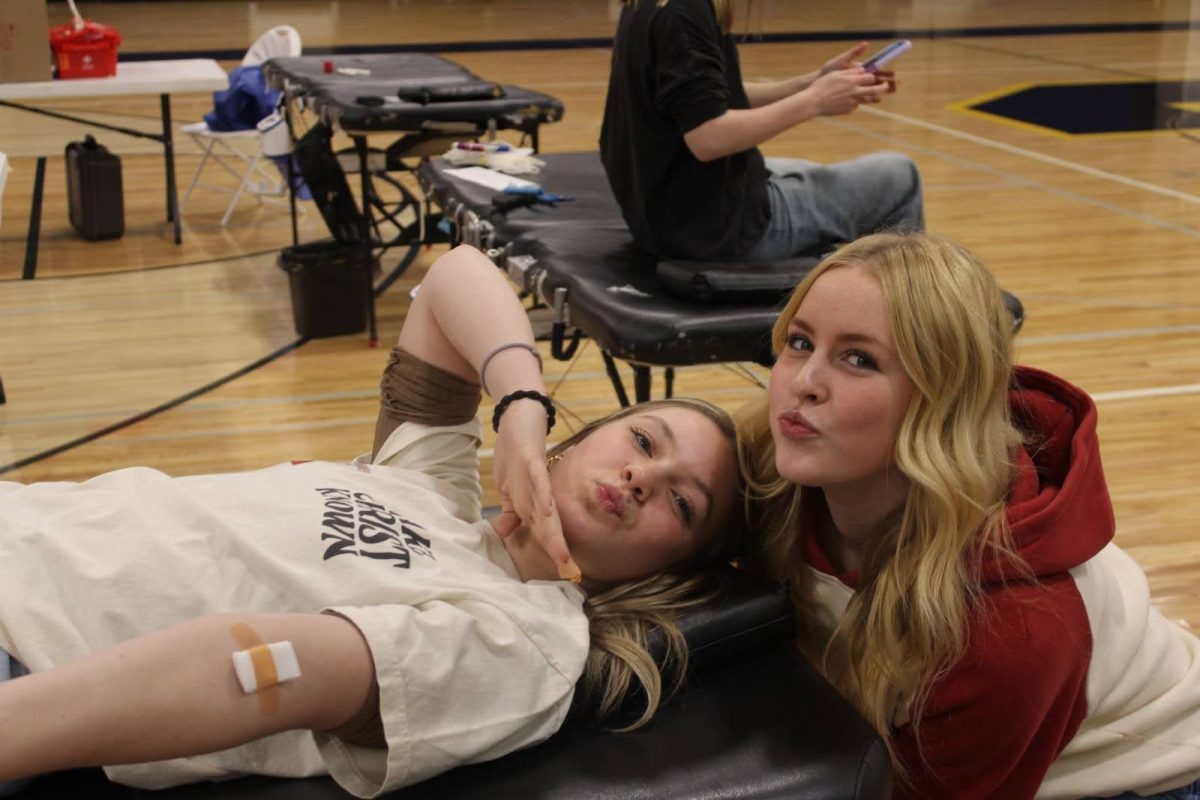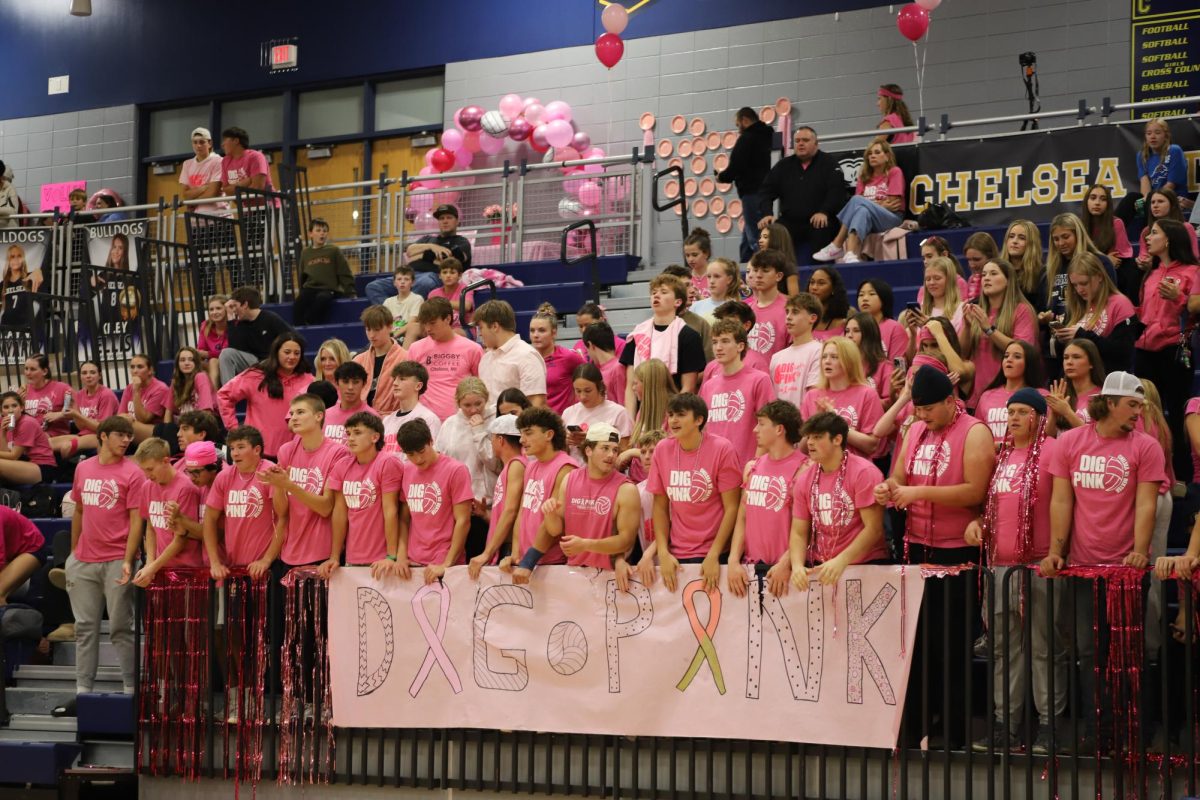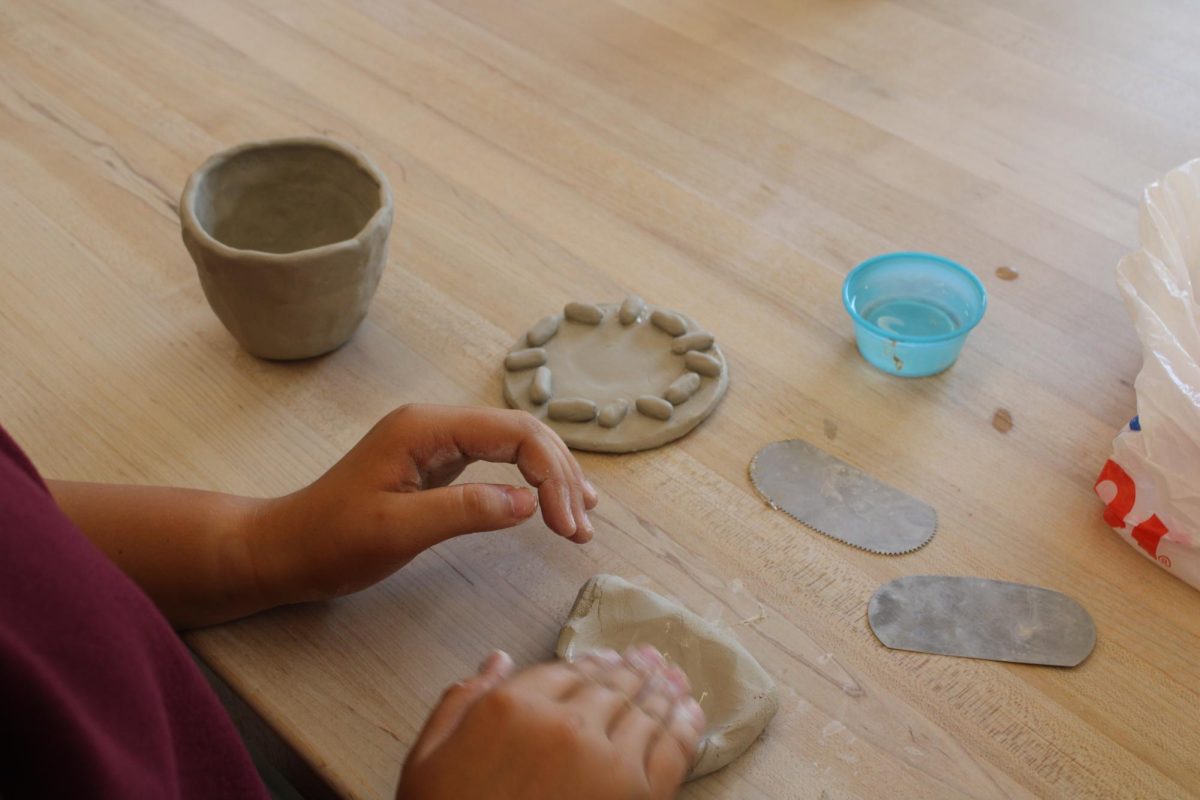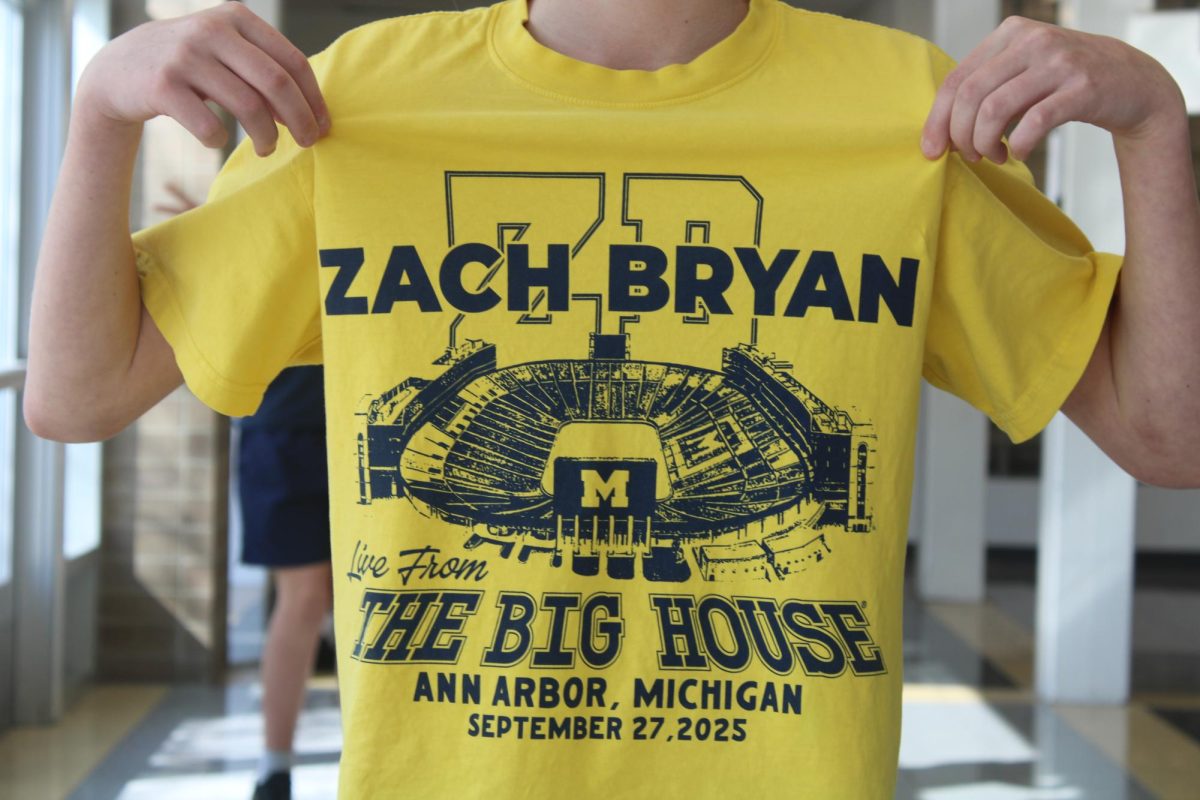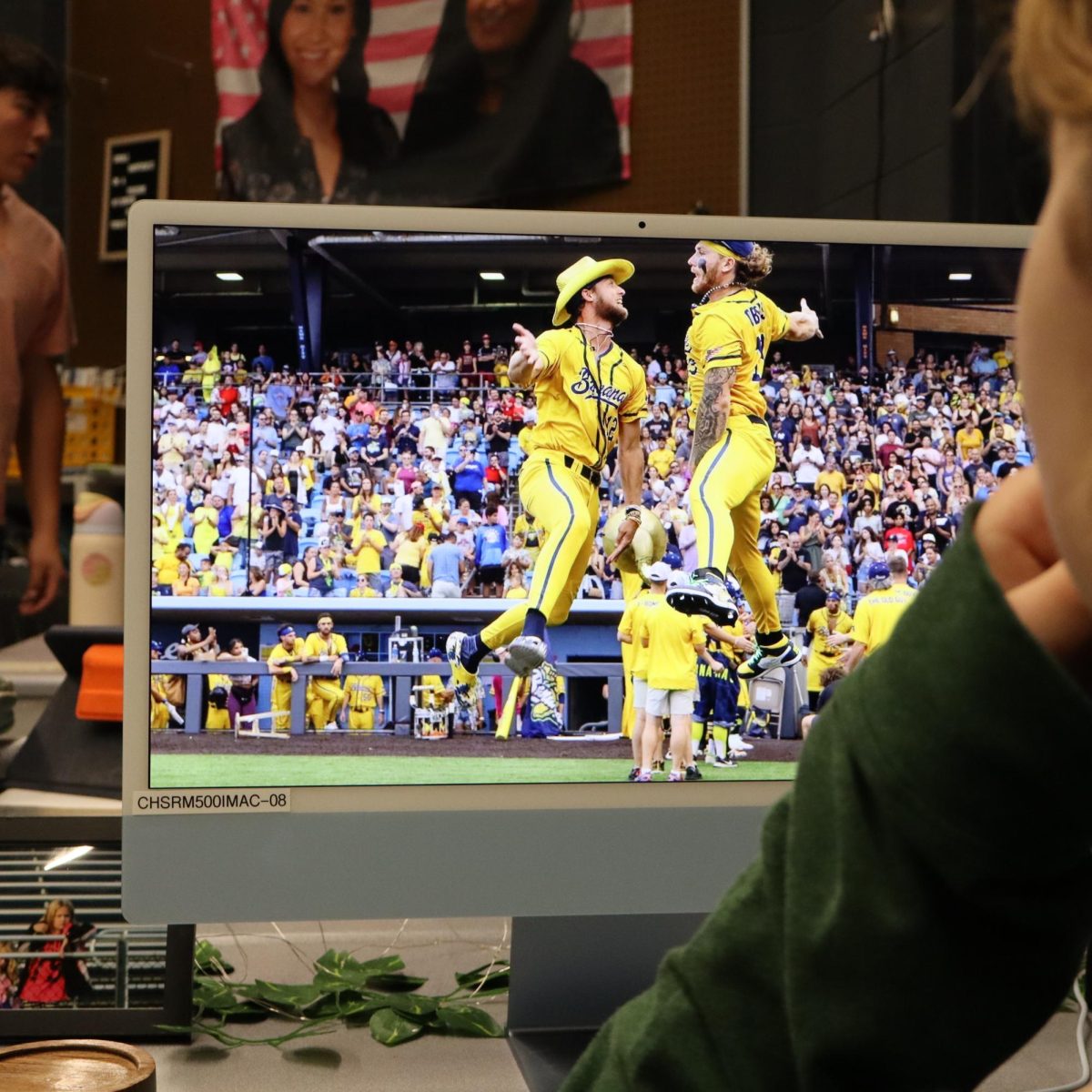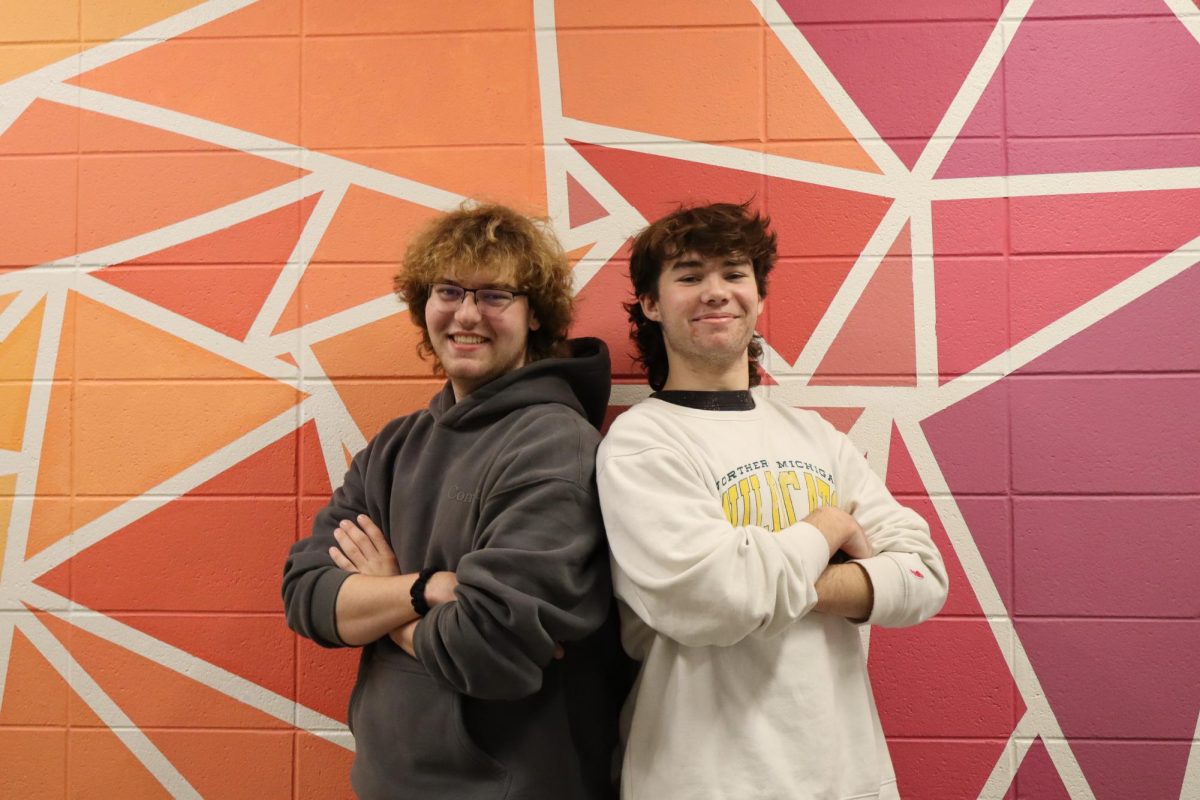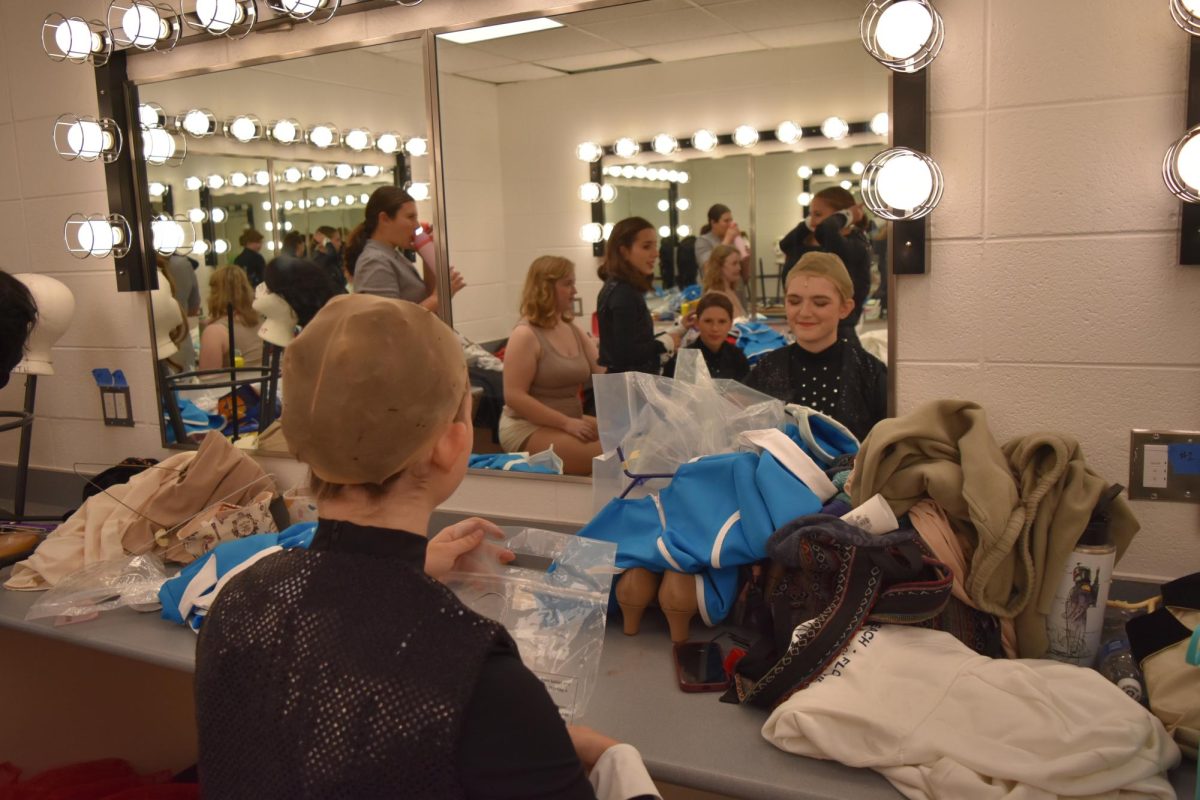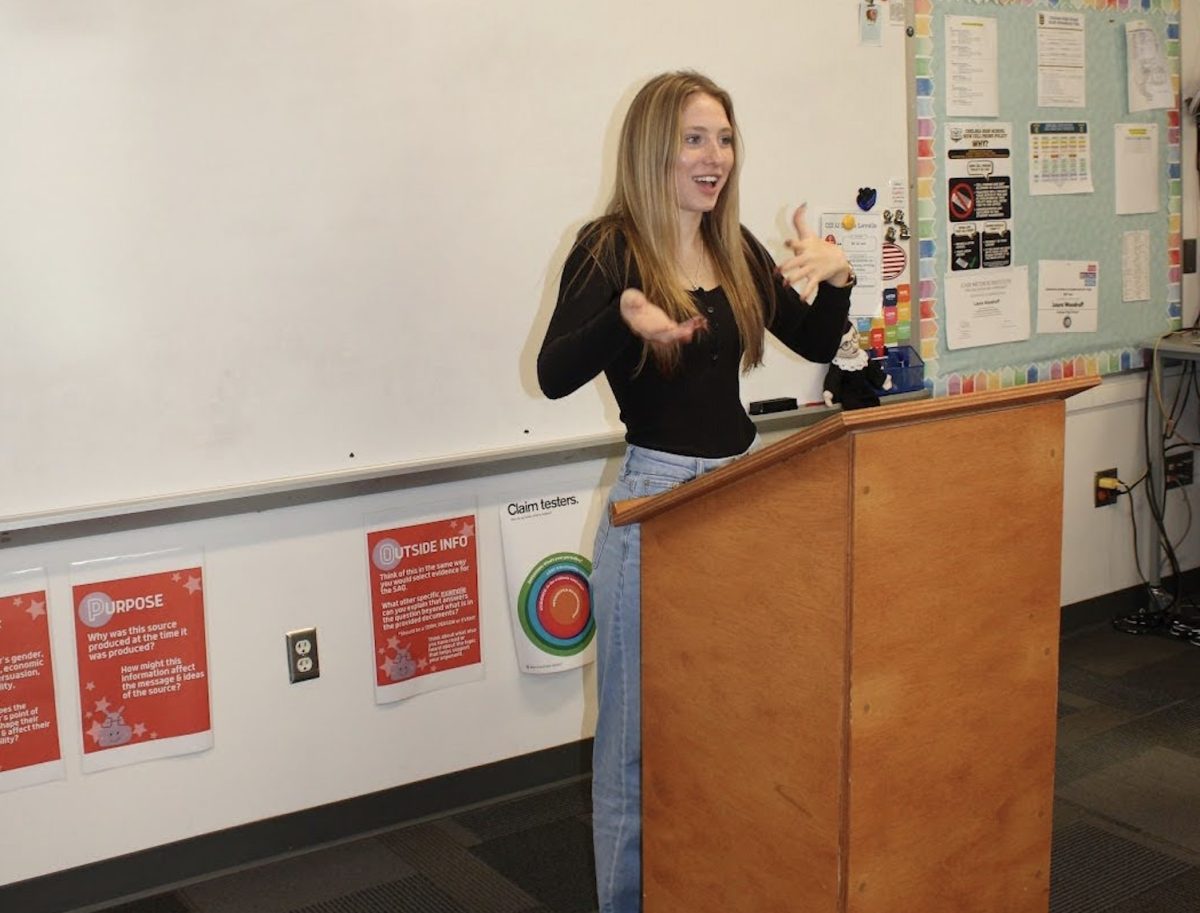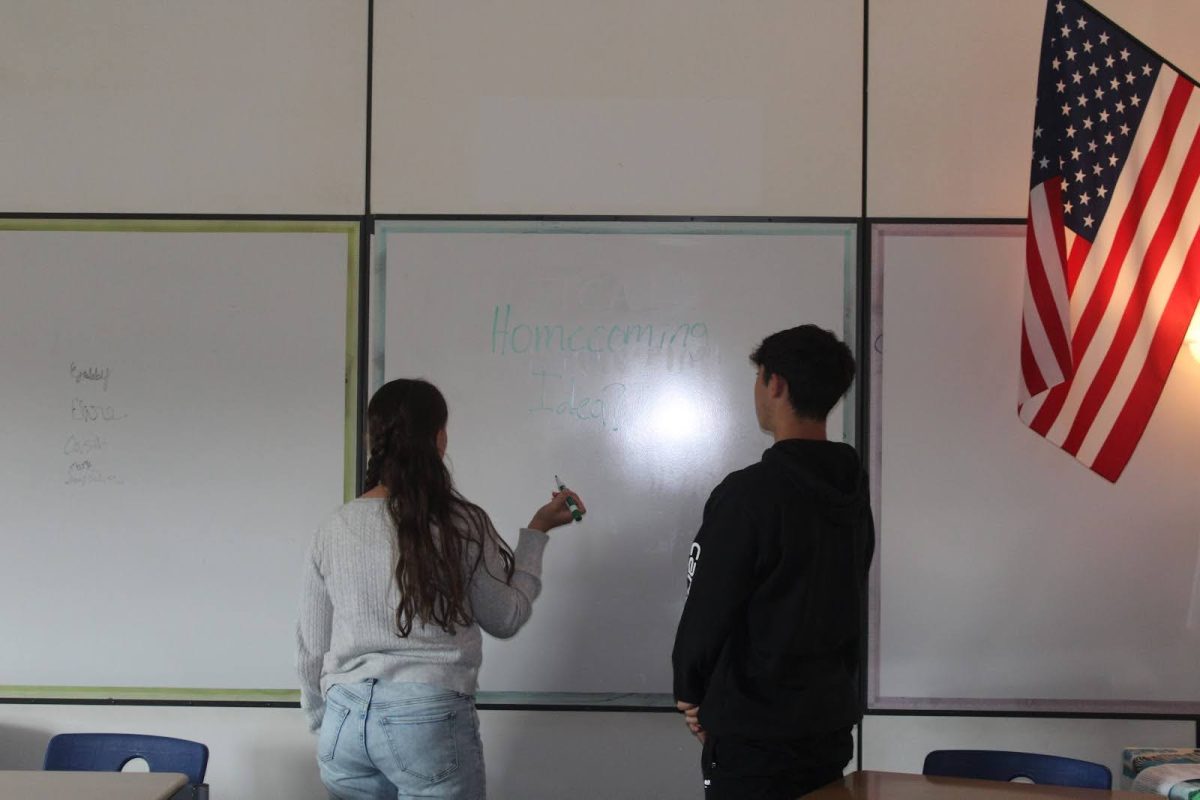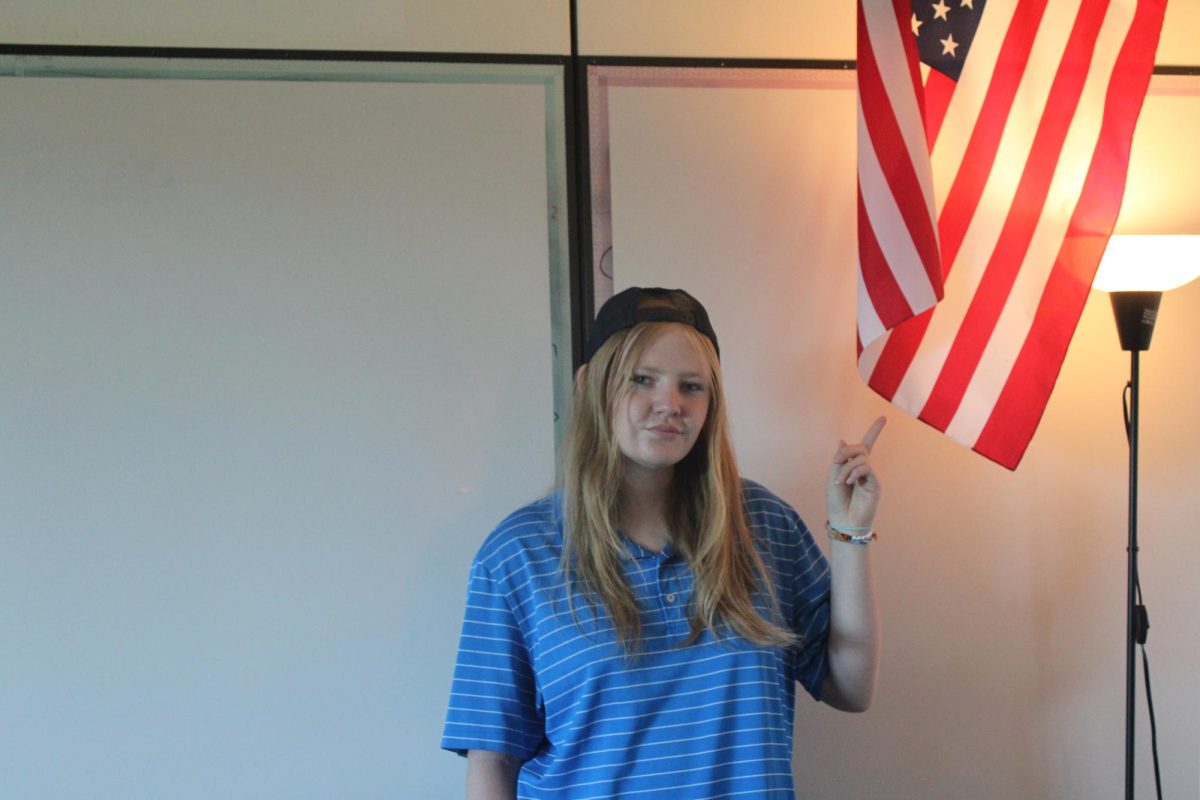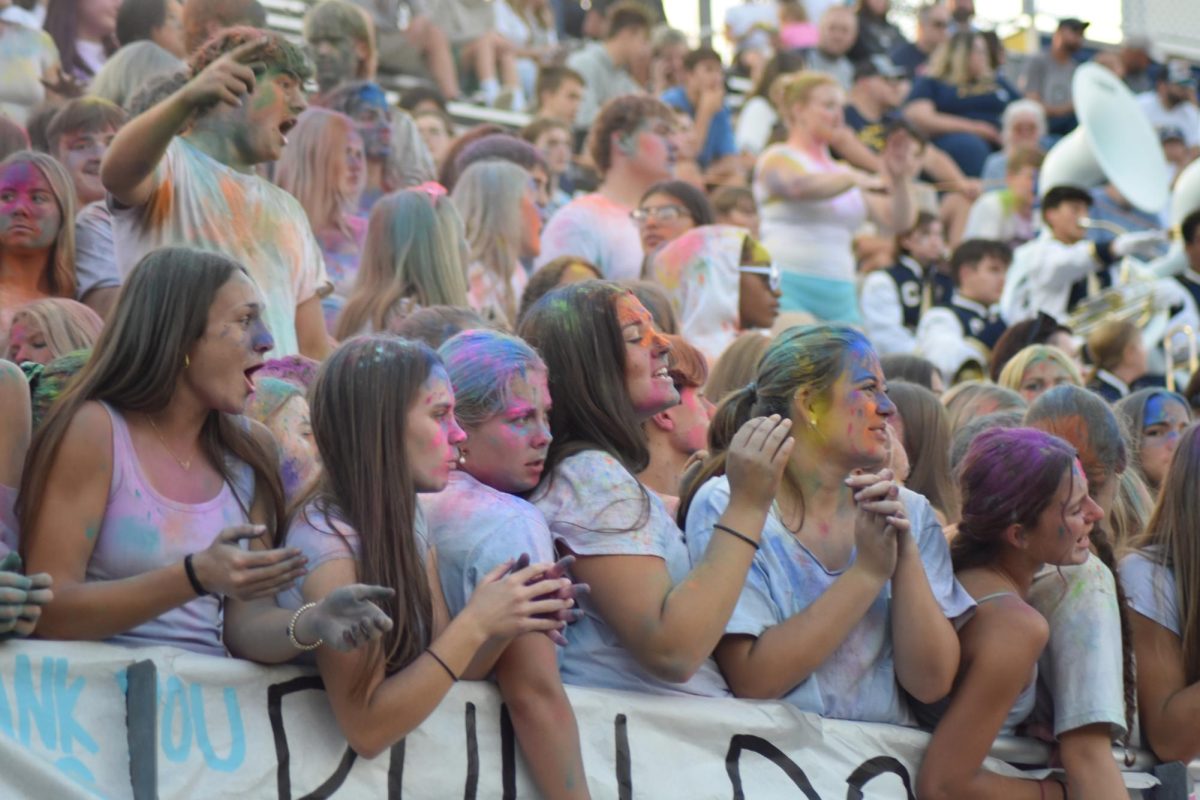The National Honors Society has facilitated lots of volunteer work including aftercare babysitting during parent teacher conferences and concessions at sporting events to promote community engagement and support. One NHS event that had been “put on hold” since Covid was the Blood Drive, but thankfully this year they were able to bring the donation spot back to the Chelsea High School. Despite the renewal of the event, there seems to be a large disparity in the demographics that was quite apparent.
“It seemed to me like there were more girls there,” teacher and NHS adviser Katherine Beck said. “ I wasn’t there the whole day, but it seemed like it was very ‘girl heavy’. The girls were volunteering and the girls were donating.”
This “trend” is more than just a happy coincidence in Beck’s eyes. She thinks it’s linked to a difference in social and societal norms and pressures within Chelsea High and all around other high schools in the US as well.
“I think that girls feel a bigger pressure to donate and give to the community,” Beck said. “They like to be more social and actually volunteered to help at the blood drive.”
One of the main motivational factors for donors was that they got to see all that it does to help the people in need. After donating, they get to take pride in knowing that they have saved a life.
“I liked donating blood because I can help either children or people in need,” senior Addison Kennedy said.
When you donate blood, you get the chance to find out your blood type. Some people don’t know what theirs is, so donors found it to be a pretty cool experience to be able to discover that and see where their donation is going.
“I just found out that I’m a universal donor,” Kennedy said. “This means my blood is O negative, so it can give out to, like, all of the blood types which is really cool.”
Many of the reasons for skipping the donation don’t just come down to fear of needles. Social and societal norms seem to be the driving force of the disparity in engagement.
“I don’t think it’s because we didn’t want to donate, as much as it was that we didn’t receive a lot of information about it before,” senior Jack Orlandi said. “But, I also think there is a culture here where a lot of the girls are so involved in clubs and leadership opportunities, and the boys are a lot less involved in some cases.”

